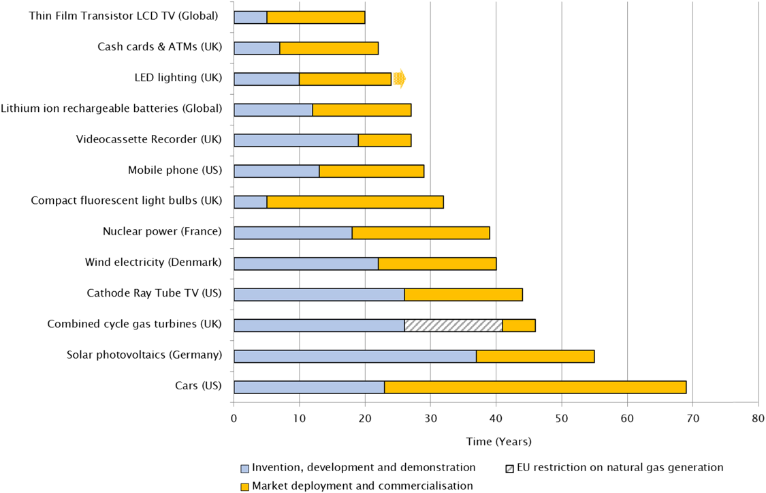
It was a pleasure to be on the Advisory Group for this report by the National Infrastructure Commission. Well done to the author team!
A few brief thoughts... 🧵
A few brief thoughts... 🧵
https://twitter.com/NatInfraCom/status/1420653545527857153
While about "engineered removals" this report focusses quite specifically on two approaches: bioenergy with carbon capture and storage (BECCS) and direct air carbon capture and storage (DACCS).
As people say, "other brands are available" (e.g. trees, soil enhancement, enhanced weathering of minerals, non-energy uses of biomass such as biochar, construction...)
Good to see @NatInfraCom highlight that these actions should be clearly additional to every effort on emissions reduction. Also that impacts on disadvantaged & vulnerable groups need to be considered.
@NatInfraCom How much removal might be needed for the UK to hit #netzero by 2050? There's a chart summarising the studies: 

The costs of scaling up these removals are appreciable but a small fraction of total #netzero action: 

(The numbers underpinning this estimate come from the recent @OBR report, which shows how much money may get invested where over time)
obr.uk/frr/fiscal-ris…
obr.uk/frr/fiscal-ris…

And if anyone thinks it's a bit soon to be thinking about removals, remember 2050 is really not far away in terms of the time taken to scale most technologies.
sciencedirect.com/science/articl…
sciencedirect.com/science/articl…

The value of this report is that the Commission is an agency the Treasury, so the people holding the purse strings in Government will be inclined to listen to them.
Eyes now on the Government's net zero strategy, expected ahead of COP26 👀
• • •
Missing some Tweet in this thread? You can try to
force a refresh








